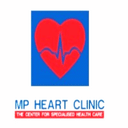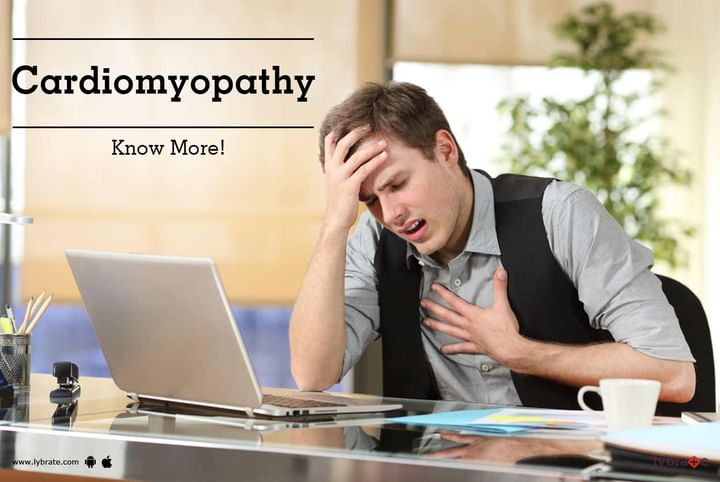Cardiomyopathy - Know More!
Cardiomyopathy by literal translation means disease of the muscles of the heart. As we all know, the heart is the most powerful muscular organ, which pumps out blood to various parts of the body. It expands and contracts nonstop and performs its functions. There are 3 types of cardiomyopathy:
- Dilated: Where the muscles are dilated and blood flow is not sufficient to the rest of the body. Onset can be with age or in people who have prior heart conditions.
- Hypertrophic: The heart muscles are enlarged either due to some disease condition or due to extra load on the heart. This is most often seen as a congenital condition.
- Restrictive: There is reduced amount of contraction, leading to inadequate or improper blood flow. The heart muscles lose their elasticity and become rigid. People often develop this condition in advanced age.
Symptoms: This is not a condition that can be diagnosed with a set of symptoms. It is also not easily diagnosed in the early stages. Only as the condition worsens, symptoms begin to show up and then medical attention may be sought and diagnosis can be done. Symptoms include:
- Shortness of breath
- Irregular heartbeat
- Lightheadedness
- Chest pain
- Fluid accumulation in the feet, ankles, and then the lower half of the legs
- Fluid accumulation in the stomach
- Inability to lie down, because of constant cough
Risk Factors: The following increases the chances of developing cardiomyopathy
- Family history
- Smoking
- Poor food habits
- Lack of exercise
- Prolonged heart conditions like valve diseases or congenital problems
- Long term diabetes and high blood pressure
- Excessive smoking
- Excessive alcohol consumption
- Obesity
- Thyroid disorders
Complications: While cardiomyopathy per se is not a problem, it can lead to various complications not just in the heart but the overall body.
- Heart failure: A cumulative effect of cardiomyopathy is the heart failure. The heart’s ability to pump out blood to the distant organs is reduced. Sudden, massive cardiac failure could even lead to death.
- Blood clots: The sluggish blood flow increases the chances of forming blood clots. People diagnosed with cardiomyopathy may need to be on a small dose of blood thinners for a lifetime.
- Valvular stenosis: The muscles of the heart and the valves work in synchrony, and so weakened muscles put pressure on the heart valves, leading to their narrowing.
Treatment: This includes a change of lifestyle, including exercise and dietary changes, medications, and in severe cases surgery. Advanced cases may require a heart transplant. Most cases are managed with medications and lifestyle changes though. Controlling blood pressure is very important to ensure proper heart muscle functioning.



+1.svg)
